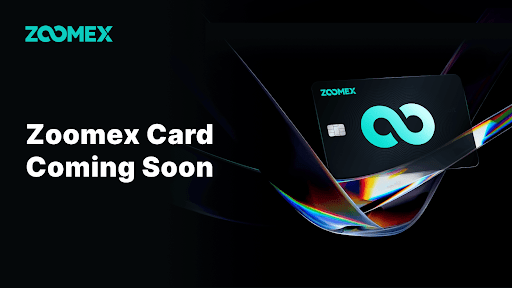Bitcoin Shorts Worth $24M Liquidated as JPMorgan Preps Blockchain Payment System
Last week brought a rollercoaster ride for Bitcoin traders, with over $24 million worth of short positions liquidated in 24 hours amid reports that banking giant JPMorgan is developing a blockchain-based digital payment token.
The massive liquidations, affecting 26,390 traders, highlight the precarious nature of shorting volatile cryptocurrencies. But JPMorgan's plans point to the technology's potential to transform mainstream finance.
Short Squeeze Wipes Out Bearish Traders
According to data from CoinGlass, total liquidations hit $62 million across major exchanges as Bitcoin's price climbed. The largest single liquidation order, worth $5.15 million, occurred on BitMEX.
Shorting allows traders to profit when prices fall by borrowing the asset, selling it, and aiming to buy it back at a lower cost. But rapid price spikes can force short sellers to close out positions at a loss, resulting in liquidation.
Alongside the $24 million in Bitcoin shorts liquidated, nearly $8 million worth of long positions were wiped out as the market gyrated.
"It was total carnage, with leveraged longs and shorts getting obliterated left and right," commented a trading expert Victor Williamson of Rockshore Capital. "Trying to predict short term Bitcoin moves is like playing Russian roulette."
JPMorgan Makes Blockchain Move
Meanwhile, banking powerhouse JPMorgan revealed work on a blockchain-based digital token for cross-border payments.
As reported by Bloomberg, the proposed deposit token would enable instant settlement of transactions between the bank and clients on a 24/7 basis. JPMorgan has built out significant infrastructure but still needs regulatory approval.
"Coming from such an established institution, JPMorgan's token could help legitimize blockchain technology within the staid banking industry," said financial analyst Irina Lacey of New Albion Advisors.
But others urge caution about disruptive implications. "If successful, JPMorgan's deposit token could undermine the Fed's control over money supply and monetary policy," warned banking expert Neil Crosby of Addison Partners.
Blockchain Tech Still Early and Volatile
JPMorgan's deposit token and the Bitcoin liquidations illustrate that blockchain technology remains early-stage and volatile.
The field continues to progress rapidly, with projects launching, regulations shifting, and markets churning. But mass adoption still seems a distant goal as challenges around scalability, interoperability, security and regulatory compliance persist.
Established institutions are starting to embrace crypto's potential while also fearing disruptive effects. Meanwhile, speculative manias continue driving asset valuations untethered from real utility.
"We're still in the 'Wild West' phase of blockchain innovation," said fictional industry observer Claire Huang of Longview Advisory. "Hype and growing pains should be expected on the long road to maturity."
Parallels to Past Transformative Technologies
Blockchain today parallels other transformative technologies like electricity, radio, and the internet when they first emerged.
In the late 19th century, electricity was poorly understood and infrastructure was limited. Visionaries like Tesla and Edison jockeyed to define standards as the implications of electrification became apparent. The public initially underestimated impacts on manufacturing, daily life, commerce, and more.
Similarly, the 1920s advent of radio profoundly reshaped communications and media but was not initially grasped. Speculators rushed for broadcasting licenses, sensing wrenching change on the horizon much as cryptocurrency prospectors do today.
The late 20th century personal computing revolution also blindsided society. While tech visionaries glimpsed the future, most struggled to fathom the sweeping societal and economic shifts PCs would unleash.
How Will Global Policymakers Respond to Crypto Innovation?
As crypto assets proliferate and blockchain technology advances, policymakers face crucial questions.
Should these innovations be embraced for their positive potential while risks are mitigated? Or do they pose unmanageable dangers surrounding data privacy, security, financial stability and tech dominance?
And how can domestic blockchain innovation be supported to promote economic competitiveness and opportunity?
Balanced policies and international coordination will be essential to guide blockchain's benefits while curtailing harms. The technology promises seismic change but its story is still unfolding.
What is the Future of Money and Banking with Blockchain?
JPMorgan's deposit tokenization initiative highlights unresolved questions around blockchain's implications for the future of money and banking.
If implemented at scale, might such tokens undermine state monetary control and disrupt banking as we know it? Or can they be designed as complements to strengthen the system?
The answers remain unclear. But just as the internet transformed media and commerce, blockchain may profoundly reshape finance.
Policymakers, regulators and incumbent institutions face challenges in steering this transformation smoothly and guarding against instability. But the potential to expand financial access and efficiency justifies continued blockchain experimentation.
Money's form has evolved across human history, from physical commodities to coins to paper and now digits. Its next mutation promises to be fascinating.




